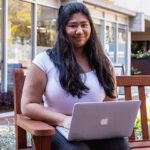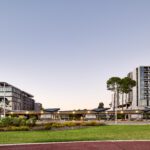Embracing difference, bridging gaps and building global networks were all key parts of Aaron’s joint PhD as the first Curtin Aberdeen Alliance graduate with Curtin’s Business School.
Dr. Aaron Tung recently completed a joint PhD under the Curtin Aberdeen Alliance, co-supervised by Curtin University’s Professor Fran Ackerman, Curtin Adjunct Professor Claus Otto and the University of Aberdeen’s Professor John Paterson. Aaron and Fran reflect on the program, conducting research across two universities and three disciplines, and a collection of achievements along the way.
Aaron:
When I was growing up, I always loved learning new stuff. Even today, I always push myself to explore and learn new things. And that was why I wanted to do a joint PhD under the Curtin Aberdeen Alliance; the program allowed me to experience and contribute to different landscapes, different arenas and gain a different experience in the research world.
My PhD focused on two areas: stakeholder management and regulatory law. The topic of the project was more focused on developing stakeholder-oriented critical paths for decommissioning offshore oil and gas projects. Through the research, we also came up with a couple of recommendations to help regulators and governments improve the way they regulate decommissioning activities as well.
I heard a lot of other PhD students say when they start a project, they want to change the world. Then they want to change to something smaller, and then it ends up becoming more and more narrow. Whereas for me, it tended to become more and more impactful as I went on in the research, which was quite surprising.
When it started, it was more about trying to make things almost perfect in how we plan and manage decommissioning activities here in Australia. As the research went on, it began to drill down into more detailed areas with implications for managing stakeholders not only in the project world, but also in other areas such as corporate social responsibility and broader strategic management.
Despite COVID, I managed to present at five or six different conferences in multiple different countries, which opened opportunities to network. I was also able to represent Curtin at the Australian Petroleum Production & Exploration Association (APPEA) conference and exhibition, where I did a presentation highlighting the lack of supply chain within Australia to deal with decommissioning issues. There was one person who came up to me afterwards and said he was so inspired by my speech that he decided he wanted to invest in building a decommissioning yard in Tasmania. That was pretty rewarding to hear.
The biggest achievement for me was the fact that a 200,000 word thesis can have such a dramatic impact on how the world works.
I made several other big achievements throughout the PhD. While I was in the UK, I got nominated as a finalist for the Decom North Sea Rising Star in Decommissioning Award in 2021, and even before I graduated, I got a position as a visiting scholar at a University in Thailand.
Overall, the biggest challenge for me was English! For me, it’s more in terms of written communication, because in the academic world there’s a certain way you need to phrase your sentence, and if you miss a word, or you change a word, the entire meaning changes. And throughout the PhD I struggled with that.
But my supervisors always went out of their way in terms of helping me – to develop plans and make changes on the fly. They all have an extensive network and connection within the industry, which served as a great starting point for building my network and knowledge base.
For me, I believe the level of trust between the supervisor and the student is very important. You have got to trust each other because, essentially, you’re doing the same research, just playing different roles.
Fran:
I chose to supervise Aaron for three reasons. The first one was the Curtin-Aberdeen Alliance, because it gave you the opportunity to look at research not just from two different countries, but different disciplines as well.
The second one was the project itself. The topic at the time was very prescient and it was the melding of two research interests of mine, project management through the critical path analysis and stakeholder engagement, including looking at how projects can go horribly wrong via stakeholder mismanagement.
The third and biggest reason I chose to supervise Aaron was, Aaron. He had just finished a first-class undergraduate degree in engineering and was interested in doing a PhD that was predominantly qualitative, not quantitative. An engineering degree is highly quantitative; the world’s black and white, it works or it doesn’t. Whereas my world is much more nuanced with shades of grey. So the fact that he was interested in embracing that struck me as a real win-win because that’s what the world needs.
The biggest challenge for me was working across institutions and countries—and learning their different rhythms and requirements. And the best way of working was by communicating. The project wasn’t just across two institutions; it was also three disciplines. There was a huge amount of interdisciplinary collaboration between myself, Aaron, Claus Otto and John Paterson, which ultimately broadened the research capabilities, networks and knowledge for the project.
And so, it was about respecting and learning from, and listening to, the melding of three disciplines—engineering, stakeholder management and law.
I love multidisciplinary research because that’s where real problems are at.
And that melding was also important for this PhD – along with the combination of two institutions. The recognition, appreciation, and patience in understanding that we come from such different worlds can enrich the experience, as well as the research.
I think the greatest achievement is Aaron getting a job with Woodside. From going in on the graduate programme to being a fully-fledged member, and Woodside embracing what he had been studying and seeing the value in it – that is the best achievement.
In regards to building a strong supervisor and student relationship, I’d definitely say you’ve got to have trust, but also curiosity and interest in the topic. If you’re both really interested in it and you’re both curious about it, then you can open it up, unpack it, explore it. There’s two very different minds looking at it, so you’re likely to get a better answer.
About the researchers
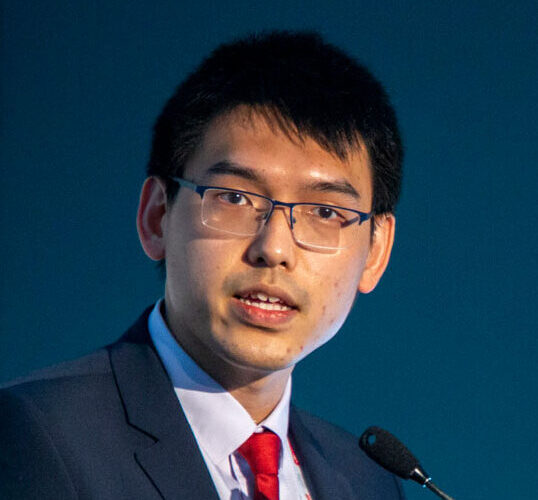
Dr. Aaron Tung
Aaron Tung is one first cohort of graduates from Curtin University’s Aberdeen-Curtin Alliance program, graduating with a PhD in Law in 2020, and a PhD in Project Management in 2021. Aaron’s research focuses on enhancing the management of decommissioning activities, both from the perspective of project managers, and governments. Aaron is now working for Woodside Energy, where he leads strategic planning and execution of decommissioning activities globally, including Australia, the United States, Canada, Trinidad & Tobago, and Mexico.
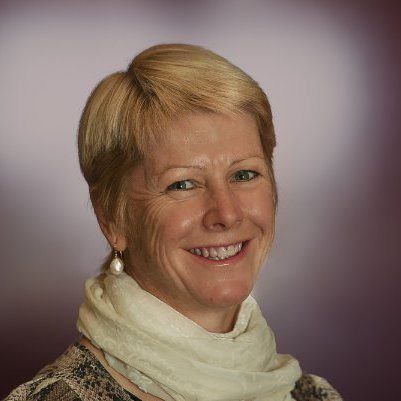
John Curtin Distinguished Professor Fran Ackerman
Fran Ackermann’s research centres on complex decision-making and stakeholder management/engagement encompassing work in the areas of strategy, project management and negotiation. She has supervised to completion over 20 doctoral students and has written extensively. She has a global profile having worked at universities in the UK, France, the US as well as Australia, as well as engaging with public and private organisations (national and international, public, and private).
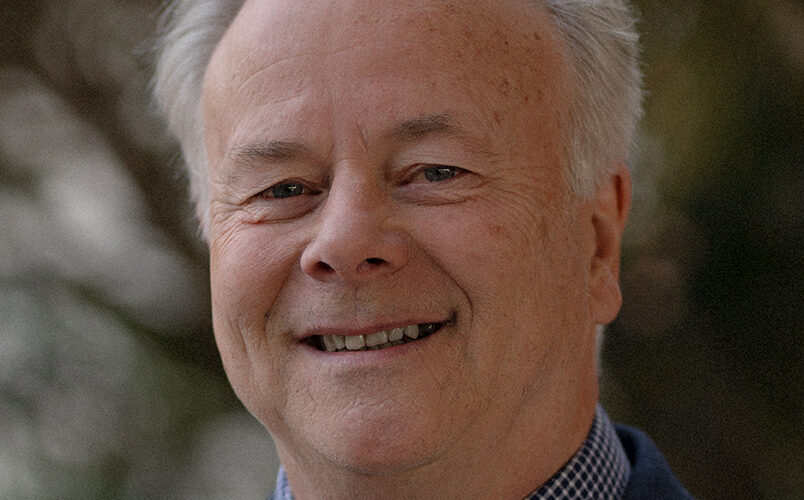
Curtin Adjunct Professor Claus Otto
Claus Otto is the Director of the Curtin Institute for Energy Transition, an institute which aims to facilitate multi-disciplinary research and scientific enquiry into technological and social energy transition solutions. Prior to joining Curtin he was for 9 years the Technology Manager at Shell in the Netherlands and Australia leading innovative upstream technology developments for its global operations. He has an extensive knowledge of industry operations and processes. He worked for 15 years for CSIRO leading various research teams and programs on hydrodynamics, subsea, wells, fluid flow in reservoirs, exploration and production as well as climate change mitigation technologies.
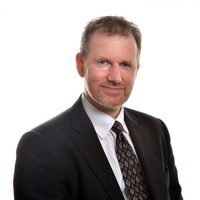
Professor John Paterson
John Paterson trained as a solicitor in the Office of the Solicitor to the Secretary of State for Scotland before pursuing an academic career. He was Senior Lecturer and then Reader at the University of Westminster between 1998 and 2004 when he joined the University of Aberdeen as a Reader. He was appointed Professor of Law in August 2011. He was Acting Head of School 2011-12 and Vice Principal for Internationalisation 2016-18. He is a co-founder of the Centre for Energy Law and directs Aberdeen’s involvement in the North Sea Energy Law Programme.

